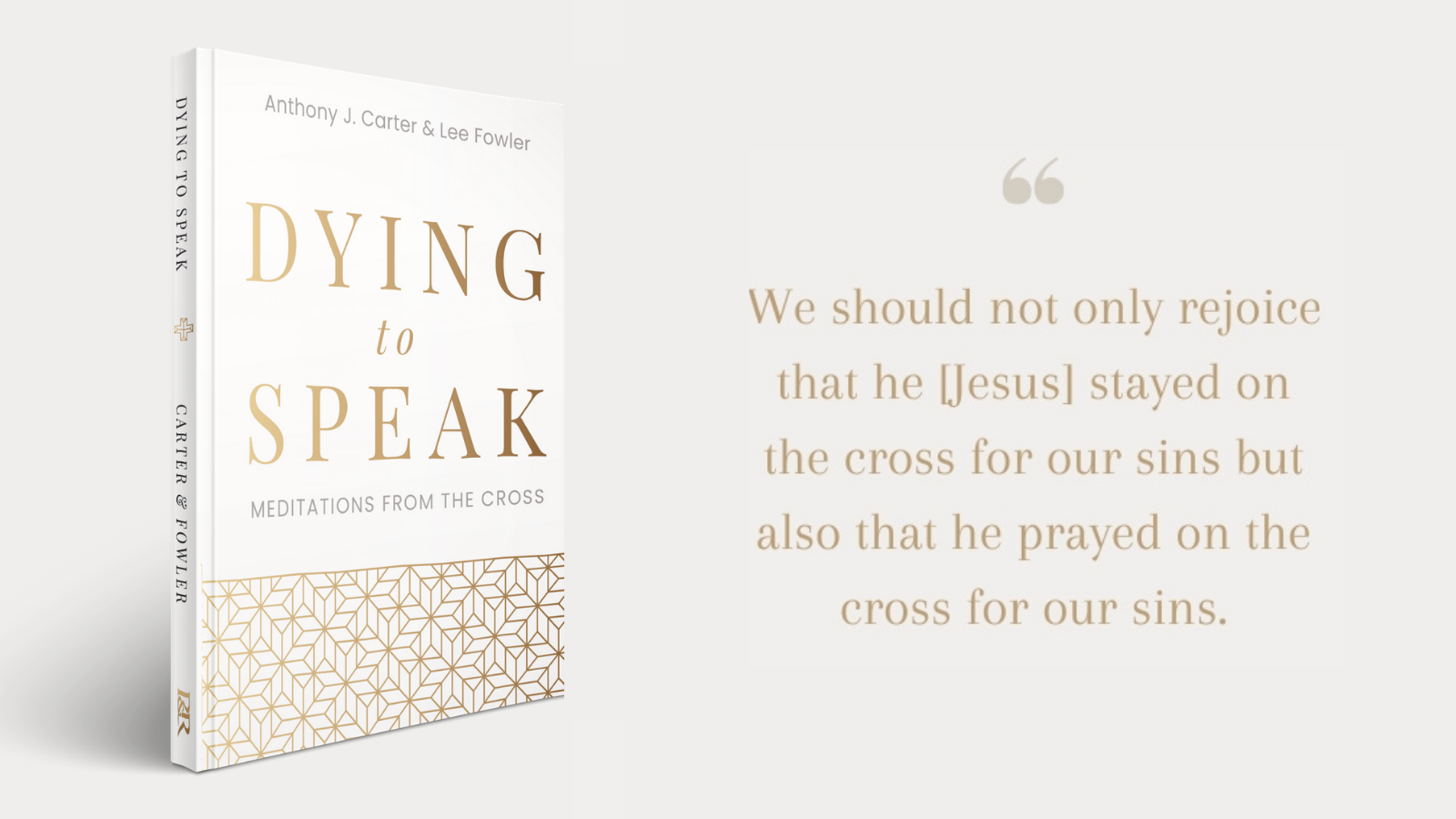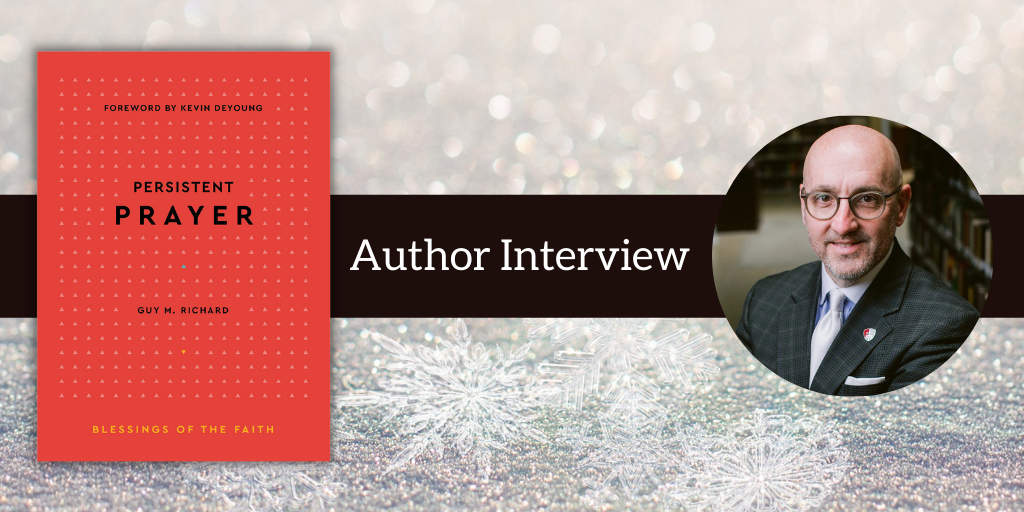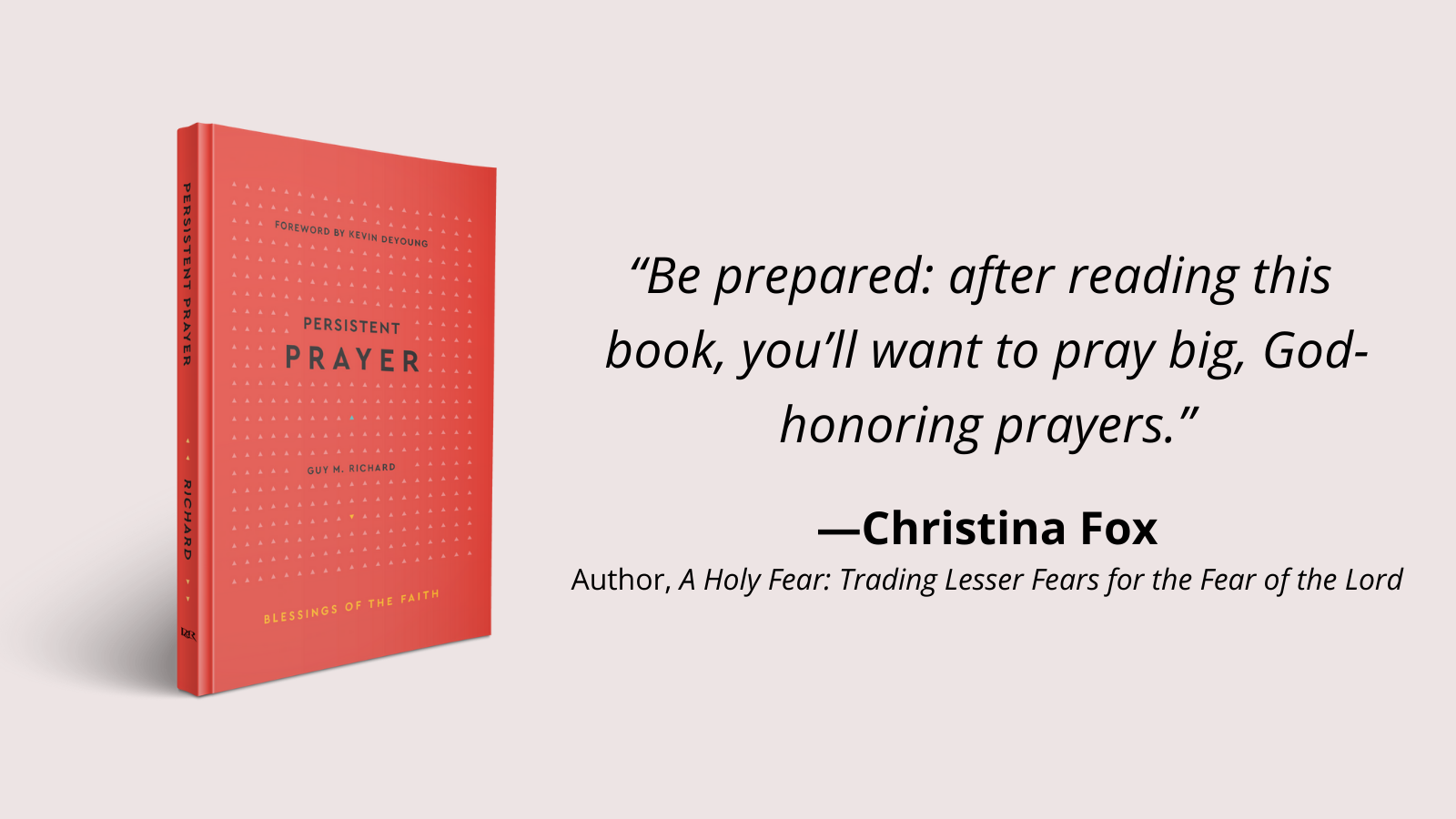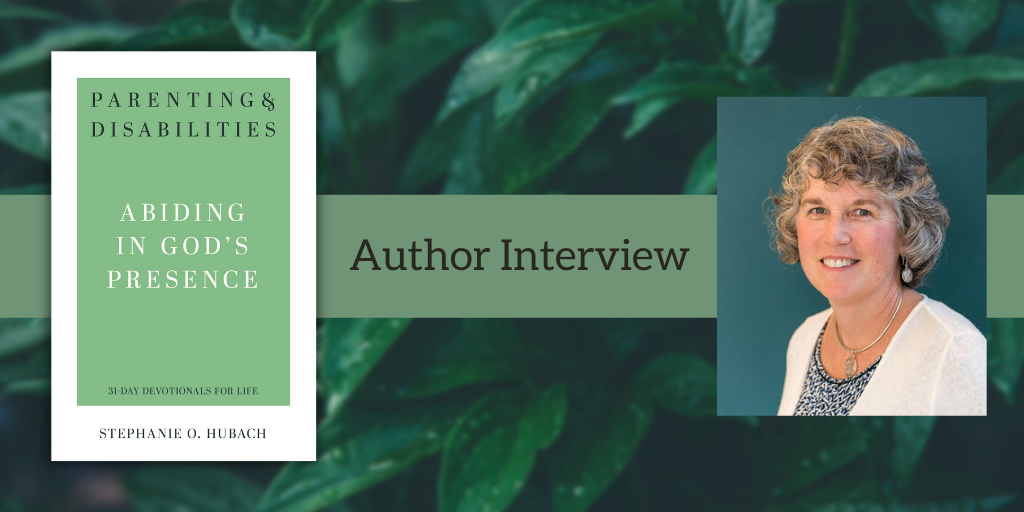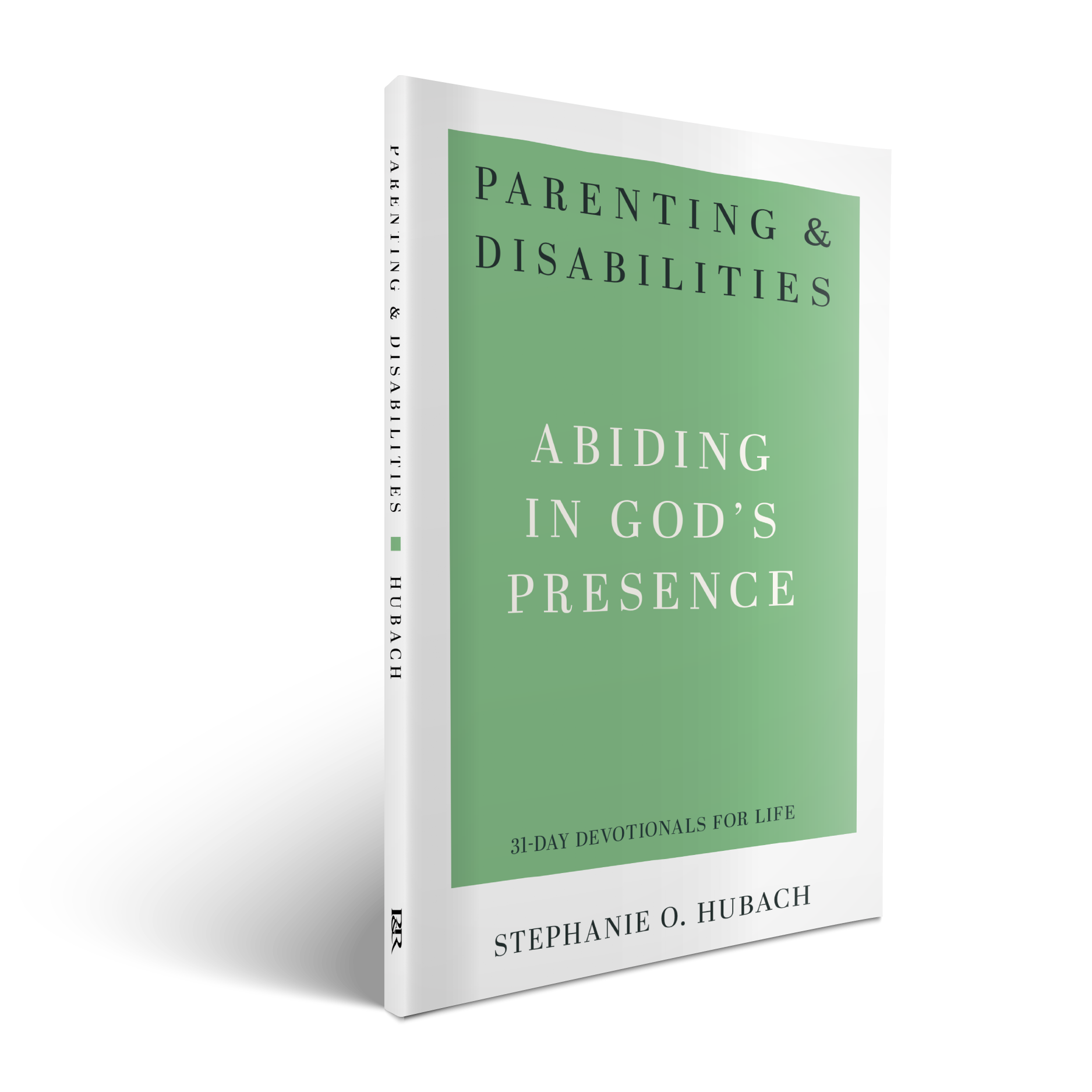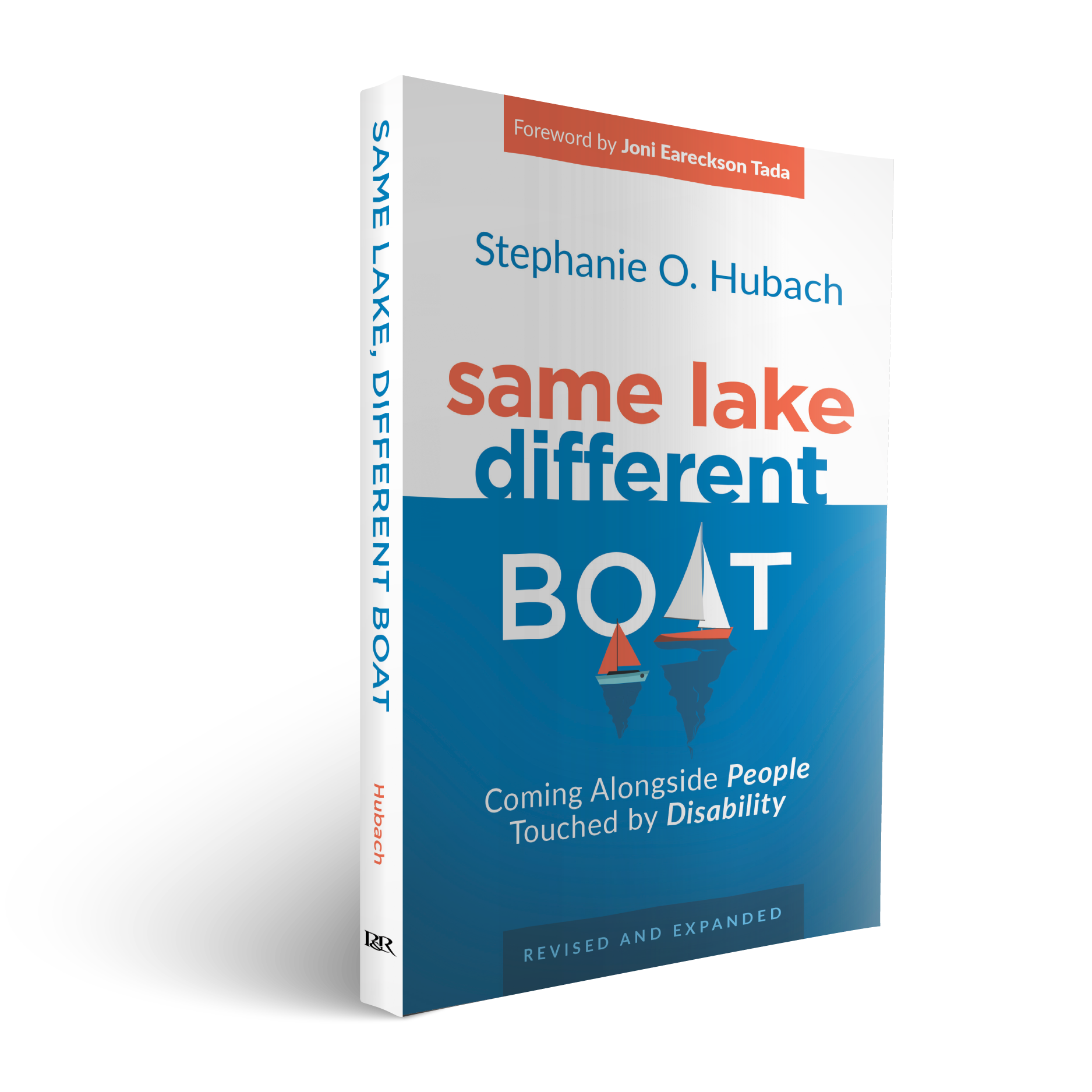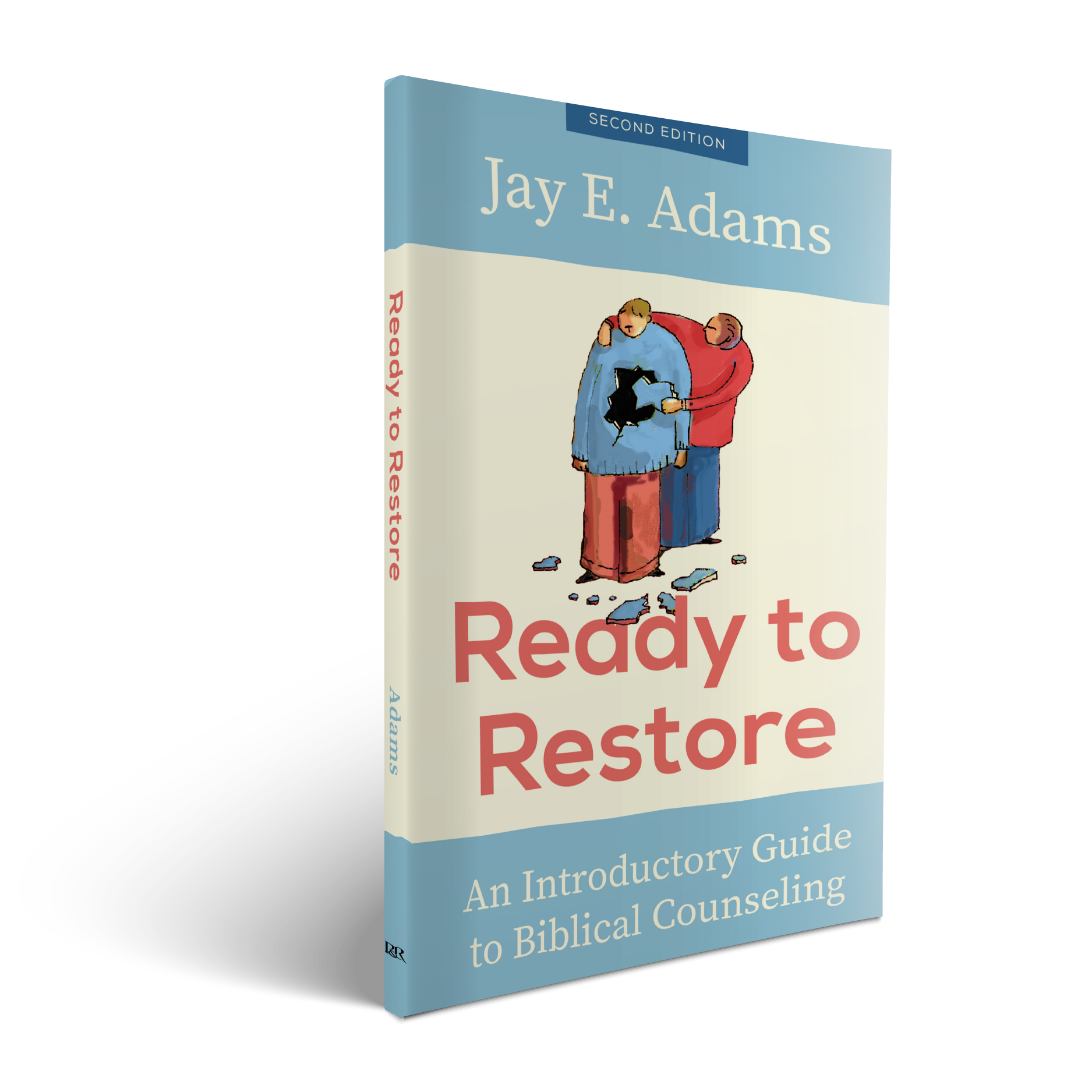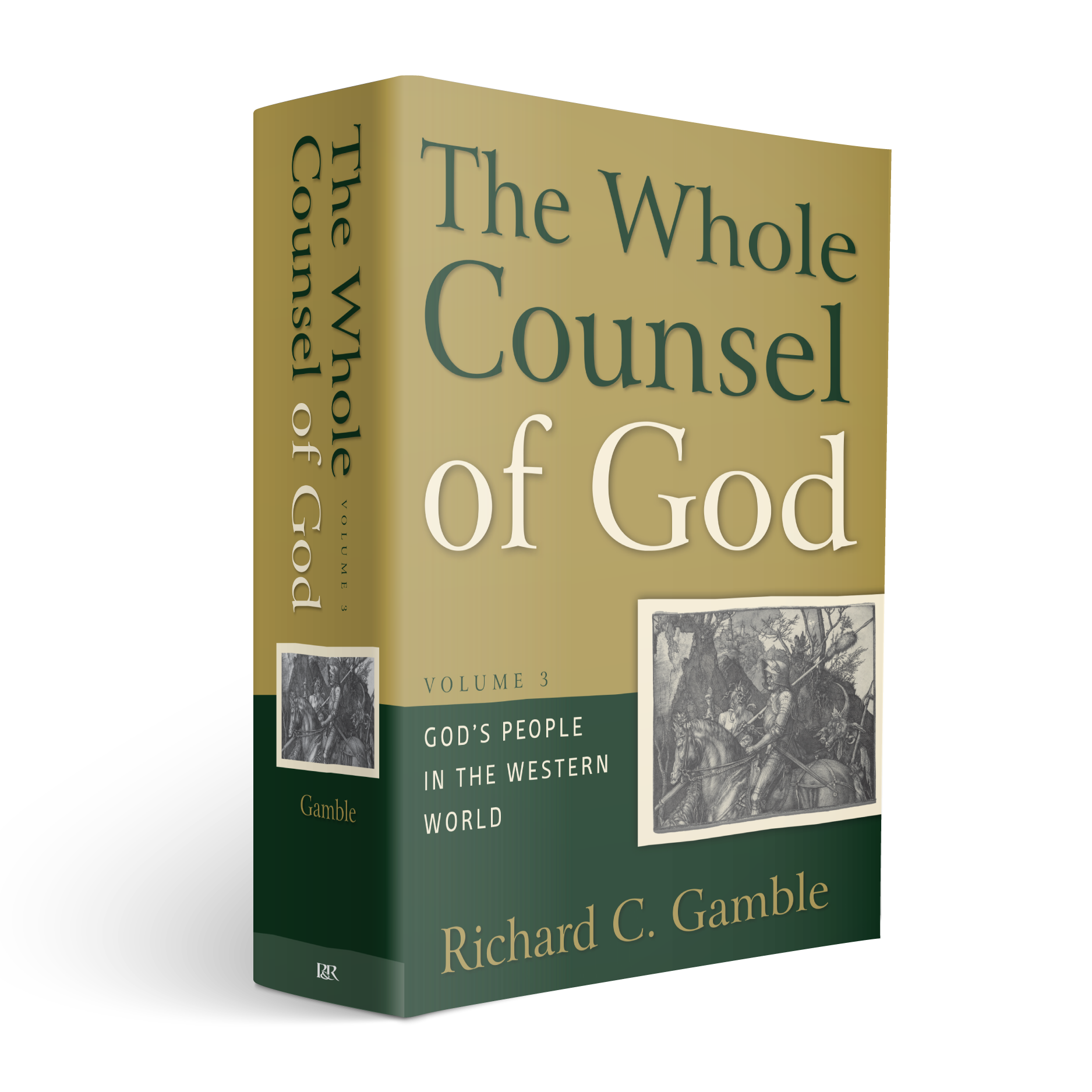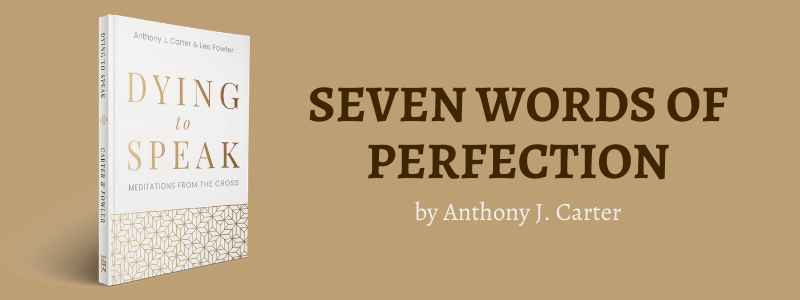
Seven is a prominent number in the Bible. It is mentioned at the beginning, during the creation account in Genesis, when God rested on the seventh day. Seven is also referenced multiple times at the end, in the book of Revelation (regarding churches, angels, bowls, seals, and so on). Thus, from Genesis to Revelation, and in many places between, seven is an inescapable number throughout the Bible. As a consequence of its frequency, meaning has been given to this number. It is often referred to as the number of perfection and/or completion. And if this is the case, then we see the significance of the number again in the record of times that Jesus spoke while on the cross. Seven times he spoke—bringing the work of his life and mission to perfect completion on the cross. His words were precisely spoken and perfectly clear.
Amazingly, we see Jesus speaking these seven times even while enduring the shame and pain of the crucifixion. The physical and mental affliction of the cross would leave most people tormented and disillusioned. But not Jesus. He was coherent and clear. Despite the pain and in the midst of the shame, our Lord spoke words that point us unmistakably to the perfection of his obedience (see Phil. 2:8) and the completion of our great salvation (see Heb. 2:3). When Jesus spoke, his every word individually declared an aspect of our redemption—aspects that, taken as a whole, offer a perfected picture of the life he lived and the mission he accomplished on our behalf.
His last words remind us that his life and death guaranteed our forgiveness (see Luke 23:34). His words secured for us paradise and eternal life (see Luke 23:43). His words inaugurated gospel community (see John 19:26). He spoke reconciliation (see Matt. 27:46). He identified with our weaknesses and carried our sorrows (see John 19:28). He completed his mission (see John 19:30). He satisfied the will of the heavenly Father (see Luke 23:46). Seven times. Seven words. Each perfectly spoken as he completed the salvation for his people (see Matt. 1:21).
It has often been said that seven is a lucky number. Yet it was not luck that sent Jesus to the cross. It was not luck that he spoke of from the cross. It was perfection— the perfection of our salvation. As we again reflect upon the crucifixion of Jesus Christ, let us remember that his last words were not luckily spoken but perfectly chosen to remind us that we are completely saved by a perfect Savior.
Table of Contents — Dying to Speak
- Be Forgiven: “Father, forgive them, for they know not what they do.”
- Be Saved “Truly, I say to you, today you will be with me in paradise.”
- Be Loved “Woman, here is your son!”
- Be Reconciled “My God, my God, why have you forsaken me?”
- Be Refreshed “I thirst.”
- Be Complete “It is finished.”
- Be Satisfied “Father, into your hands I commit my spirit!”
Dying to Speak: Meditations from the Cross: $15.99 $11.99
Click HERE to learn more about this book.

